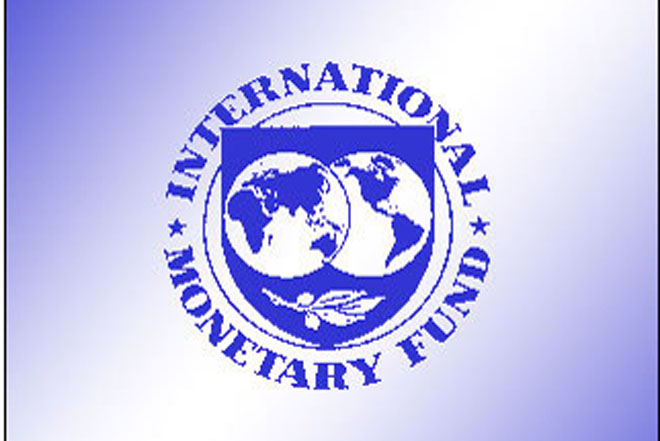Azerbaijan, Baku, Jan.25 / Trend N.Ismayilova /
The International Monetary Fund (IMF) forecasts growth of global output to be 3.3 per cent in 2012, a downward revision of about 0.7 percentage point relative to the September 2011 World Economic Outlook (WEO), 'World Economic Outlook Update' said on Wednesday.
"This is largely because the euro area economy is now expected to go into a mild recession in 2012 as a result of the rise in sovereign yields, the effects of bank deleveraging on the real economy, and the impact of additional fiscal consolidation," the report said.
According to the report, global growth prospects dimmed and risks sharply escalated during the fourth quarter of 2011, as the euro area crisis entered a perilous new phase.
According to the IMF forecast world output of the CIS countries will be 3.7 per cent (0.7 per cent decrease) in 2012 and 3.8 per cent (0.6 per cent decrease) in 2013.
Growth in emerging and developing economies slowed more than forecast, possibly due to a greater-than-expected effect of macroeconomic policy tightening or weaker underlying growth.
During 2012-13, growth in emerging and developing economies is expected to average 5.7 percent-a significant slowdown from the 6.7 percent growth registered during 2010-11 and about 0.5 percentage point lower than projected in the September 2011 WEO. This reflects the deterioration in the external environment, as well as the slowdown in domestic demand in key emerging economies. Despite a substantial downward revision of 0.7 percentage point, developing Asia is still projected to grow most rapidly at 7.5 percent on average during 2012-13.
Oil prices, however, have held up in recent months, largely because of supply developments. As a result, the IMF's baseline petroleum price projection for 2012 is broadly unchanged since the September 2011 WEO ($99 a barrel compared with $100). For non-oil commodities, improving supply conditions and slowing global demand are expected to cause further price declines. Non-oil commodity prices are projected to fall by 14 percent in 2012. In the near term, the risks to prices are to the downside for most of these commodities.
Global consumer price inflation is projected to ease as demand softens and commodity prices stabilize or recede. Inflation is projected to fall to about 1.5 percent in the course of this year, down from a peak of about 2.7 percent in 2011.






